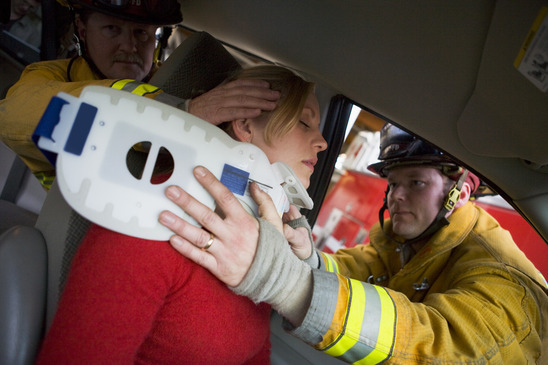Patients expect hospitals to provide reliable care in a safe environment. Unfortunately, health-care facilities are riddled with bacteria and germs, so it is not uncommon for patients to suffer nosocomial infections. In fact, according to the Centers for Disease Control and Prevention, 1 in 25 hospital patients get nosocomial infections.
If you or a loved one suffered a hospital-acquired infection due to the negligence of a health-care worker, contact the Robson Law Firm. A personal-injury lawyer in Austin can evaluate your situation to determine if you have grounds for a medical malpractice claim.
Call 512-345-8200 to schedule a free initial consultation. You can also learn about medical malpractice claims in Texas by visiting http://medical-malpractice.usattorneys.com/texas/.
Here are the answers to eight FAQs about nosocomial infections:
- What are the most common hospital-acquired infections?
Urinary tract infections are the most common. According to the World Health Organization, hospital patients are also at a high risk of suffering surgical site infections and blood infections.
- What causes nosocomial infections?
According to the U.S. National Library of Medicine, bacteria can spread throughout a hospital when workers do not wash their hands or clean sufficiently. Because most patients are already ill, their compromised immune systems make them especially vulnerable to infection.
- Are there risk factors for hospital-acquired infections?
Patients are more at risk of suffering a hospital-acquired infection than other people in a hospital. Their weak immune systems make it difficult for their bodies to fight infection. Patients in intensive care are particularly vulnerable.
- What are the symptoms of a nosocomial infection?
The type of bacteria and the severity of the infection will determine the symptoms. Fever, abscesses, inflammation and discharge are common, along with visible signs such as oozing or redness. The site of infection may also be painful and irritated.
- How do doctors diagnose hospital-acquired infections?
The majority of these infections are visible and obvious. Doctors will evaluate pus, rashes, inflammation and other symptoms when diagnosing an infection, but blood and urine tests will be used to identify the specific bacteria.
- What are the treatments for nosocomial infections?
The specific treatments will depend on your condition and the type of bacteria. It is likely that your doctor will prescribe a course of strong antibiotics.
- What is the prognosis for hospital-acquired infections?
Treatment resolves most of these cases without any complications. However, these infections can be deadly if not treated early or appropriately.
- Can medical staff prevent nosocomial infections?
Yes. Staff members can reduce the likelihood of patients suffering a nosocomial infection by washing their hands and wearing the appropriate attire. According to the WHO, poor hand hygiene causes roughly 40 percent of these infections. Doctors can also prescribe antibiotics as a preventative measure.
If you or a loved one was the victim of medical malpractice, contact the Robson Law Firm. An Austin injury attorney can evaluate your case, talk to witnesses, gather evidence and handle settlement negotiations on your behalf. Call 512-345-8200 to schedule a free initial consultation.








